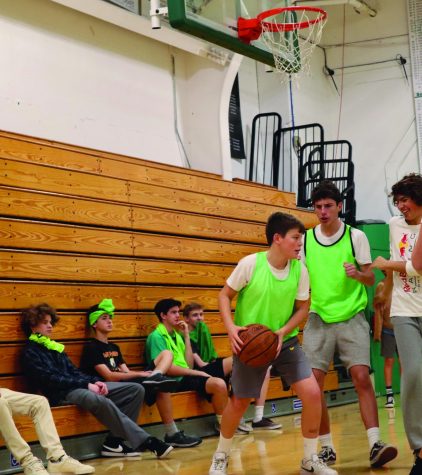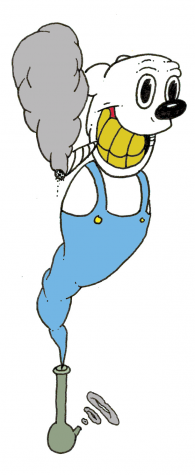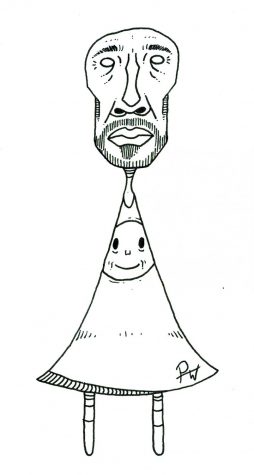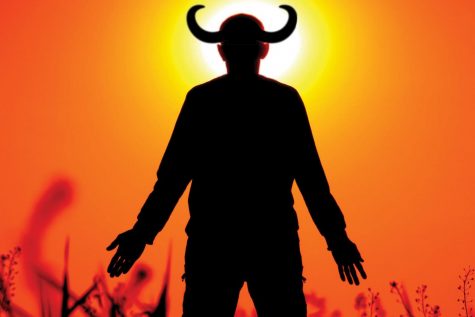Advanced Journalism most valuable class here
June 8, 2018
I’ve taken 29 different classes here with 22 different teachers and throughout all of those experiences, Advanced Journalism has by far had the greatest effect on who I am today.
Writing for the Jolly Roger pushed me to do things that were outside of my comfort zone. For the first time I had to make my writing public and call strangers to interview them for stories. It was a sort of exposure therapy in which I conquered my fears by experiencing them.
I had awkward phone calls with interviewees and then got to hear my stuttered interactions on repeat as I listened to the recording of the interview to transcribe it. My role as a reporter forced me into situations that scared me, but every time I confronted a fear, I realized how built up it had been in my mind and how small each obstacle really was.
Additionally, knowing that the Jolly Roger had an audience pushed me to work hard on stories and turn in something I was proud of. In other classes I found often myself doing subpar, perfunctory work, or even copying the occasional homework assignment. I didn’t feel any responsibility for my work knowing that the only person who would ever see it was my teacher.
The Jolly Roger was the only class in which, even after 10 plus hours of paste up, I still found myself a perfectionist, intent on making each issue as flawless as a I possibly could. That being said, every issue did have flaws. There were typos and formatting errors and grainy photos, but rather than being discouraged by these defects, the ownership that I felt over the magazine allowed me to see the positive. I was proud to know how much work I had put in and to see the final product, no matter how imperfect, is always gratifying.
Something that I think perfectly reflects how Advanced Journalism challenged me was my experience trying to report on the Dakota Access Pipeline. I wrote an opinion piece about the pipeline on how it was immoral, imperialistic, and racist and why it was of the utmost importance that the Obama administration reroute it. Then, a day before we were supposed to send the paper to the printer, they did just that.
My eloquent, impassioned article was suddenly irrelevant and though I was glad that the issue had been resolved (if only temporarily), my article needed to change. In just one class period I had to revise my article entirely to be more timely and relevant to the current state of the problem. Ultimately, the article turned out to be one of my favorites.
This stressful experience showed me that whatever might go wrong, the ultimate outcome was in my hands and that, with some quick thinking and support from our adviser Mary Jane Jones, MJ to most, I could turn a story around in a day and send in something I was proud of.
This year, as a co-editor I got to step up and take more responsibility. I found that the leadership role pushed me to learn faster and work harder than I had before. As a reporter it took me the entire year to learn just the basics on InDesign (the program we use to layout stories).
As co-editor I was one of two people that students could refer to for layout help, and I was thus inadvertently forced to become an InDesign master in a few short weeks. I remember remarking on how shocked I was that, after a year of struggling to do the simplest things on InDesign, I had suddenly learned everything that I needed to know completely unintentionally.
It also tested my ability to stay motivated when something didn’t go as planned. When we were behind schedule and worried that we wouldn’t get the paper sent in before a break there was no option to step back and watch things play out, the outcome was on me. I was often completely burnt out after a issue got sent in and would find myself listless and lethargic when it was time to start on the next issue.
As co-editor, I quickly learned that, when faced with deadlines, this wasn’t an option for me. In the eternal words of MJ Jones, one of my greatest role models throughout high school, “Life is hard and then you die.”





